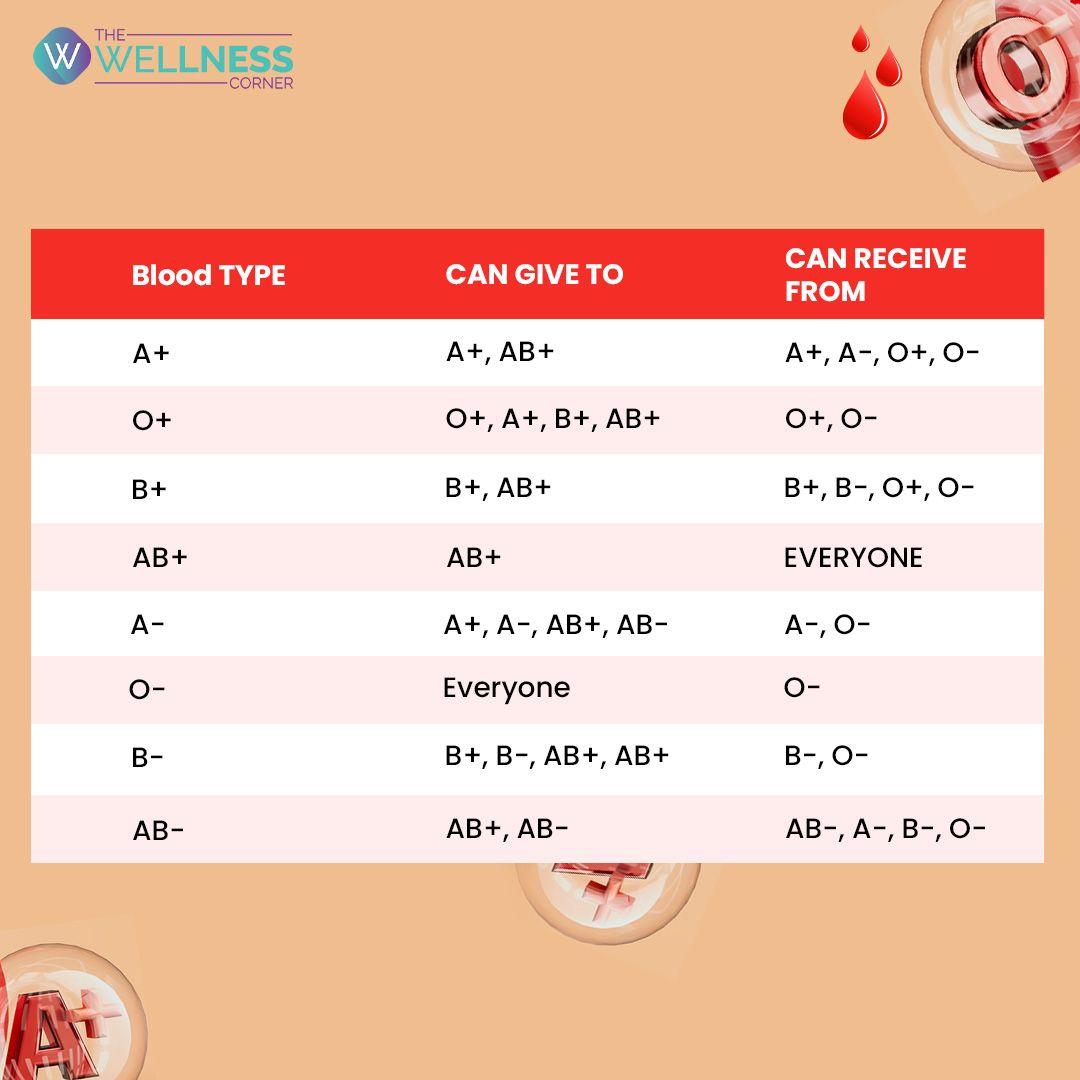Blood Donation: Who Can Donate, And Who Can't?
29 months ago
4 minute read.

Blood donation is a selfless act that saves countless lives every day. It is essential to know who can donate and who can't. By following the rules, we can make a positive impact and help others in need.
When it comes to donating blood, there are heroes among us who step up, recognizing the tremendous impact their contribution can make. It is a simple yet profound gesture that has the power to save lives, offering a second chance to those facing critical medical conditions or traumatic emergencies. However, not everyone can don the cape of a blood donor, as some specific criteria and guidelines determine who can contribute to this noble cause.
Who Can Donate Blood?
1) Age Criteria
The minimum age to donate blood in India is 18 years. The maximum age limit varies but is typically around 60 years. Some places may have specific age-related guidelines, so it is advisable to check local regulations.
2) General Health
Potential donors should be in good health at the time of donation. They should be free from acute illnesses, infections, or fever.
Individuals with chronic conditions like diabetes or high blood pressure can donate blood if their conditions are under control and their health is stable.
3) Weight and Body Mass Index (BMI)
Donors must meet the weight requirements specified by blood banks or donation centers. This criterion ensures that the donor has enough blood volume to share without affecting their health.
A minimum weight of around 50 kilograms is common, but the exact weight requirement may vary.
4) Hemoglobin Level
The hemoglobin threshold for blood donation may differ by gender and country, but it typically falls within the range of 12.5 to 13.5 grams per deciliter (g/dL).
5) Medical History and Medications
Donors are required to provide accurate information about their medical history, including previous illnesses, surgeries, and transfusions.
Certain medications, such as blood thinners, may pose restrictions on blood donation. It is essential to disclose any ongoing medication to the blood bank or donation center.
Useful resource: (Blood type compatibility)

Who Cannot Donate Blood?
1) Health Conditions
Individuals with certain medical conditions or infections, such as HIV/AIDS, hepatitis B or C, or active tuberculosis, are usually not eligible to donate blood.
People suffering from cancer, heart problems, severe lung disease, or blood abnormalities such as hemophilia may also be excluded.
2) Recent Surgery or Pregnancy
Those who have undergone major surgery or childbirth in the past six months may be deferred from donating blood.
Pregnant women and nursing mothers are usually not eligible to donate blood.
3) Recent Tattoos or Piercings
If you have recently had a tattoo, piercing, semi-permanent make-up –any treatment that pierces the skin, you will need to wait at least four months before being eligible to donate.
4) Risky Behaviors
Individuals engaging in high-risk behaviors like intravenous drug use or unprotected sex with multiple partners may be deferred from donating blood to prevent the potential transmission of infections.
5) Age Restrictions
Minors who have not reached the minimum age requirement for blood donation are ineligible.
Older individuals who exceed the maximum age limit may also be restricted from donating blood.
Blood Donation Rules And Guidelines
- Hydration and Nutrition: Donors are encouraged to be well-hydrated and have a nutritious meal before donating blood.
- Consent: Before donating blood, donors must give their informed consent, which entails having a comprehensive understanding of the procedure, risks involved, and benefits.
- Screening and Medical Evaluation: Undergo a thorough screening process to assess your eligibility. Provide honest and accurate answers to the questions asked during the screening, as this information ensures the safety of both the donor and recipient.
- Hygiene: To guarantee the safety of both donors and recipients, blood donation centers adhere to rigorous hygiene protocols. They employ effective sterilization methods to minimize the risk of infections and ensure a sanitary environment.
- Regular Intervals: Blood donors are required to follow the recommended duration between donations. This recommended interval allows the body ample time to replenish the donated blood components, ensuring optimal recovery.
- Post-Donation Care: Blood donors should look after themselves after giving blood. It involves drinking enough water, refraining from heavy lifting or intense exercises, and eating a healthy meal to replenish their energy.
Conclusion
The act of blood donation holds the power to save lives, inspire hope, and unite communities. By understanding who can donate, and who cannot, and the essential rules and guidelines for blood donation, we empower ourselves to make informed decisions and embrace this incredible opportunity to extend our compassion and make a tangible difference.

If you have any concerns or queries about donating blood, it is always a good idea to consult a doctor. A doctor will be able to address your specific concerns based on your medical history and current health condition. They can provide personalized advice and ensure that donating blood is safe for you. It's important to prioritize your health and well-being when considering any medical procedures or donations.
Leave a Comment
Related Articles
Health Checks @ Home
Service
Explore
© 2025 Truworth Health Technologies Pvt. Ltd.




